The Kite Runner's Legacy: Exploring Pragmatic Choices In Nigeria
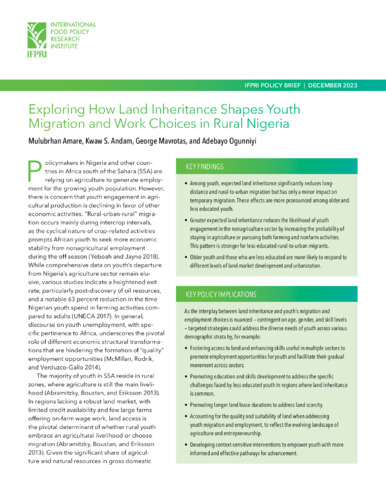
Table of Contents
Parallels Between Afghan and Nigerian Experiences
Both Afghanistan and Nigeria, despite their geographical distance, share startling similarities in their historical experiences. Both countries have endured periods of significant societal upheaval, political instability, and pervasive economic hardship. These challenges profoundly impact individual lives, forcing people to confront difficult choices and sometimes make moral compromises for survival. The weight of these circumstances resonates powerfully with the struggles depicted in The Kite Runner.
- Political Corruption's Grip: Rampant political corruption in Nigeria, mirroring certain aspects of the Afghan context, affects everyday life, forcing citizens to navigate a system riddled with injustice and inequality. This creates a fertile ground for pragmatic choices driven by necessity rather than morality.
- Societal Pressures and Expectations: Both Afghan and Nigerian cultures place significant emphasis on family honor and societal expectations. This can lead to immense pressure on individuals, compelling them to make difficult choices that may conflict with their personal values. The complex interplay between personal desires and societal demands echoes the struggles portrayed in Hosseini's novel.
- The Role of Family and Community: In both cultures, family and community networks play a crucial role in navigating difficult times. While providing support, these networks can also exert considerable pressure, shaping individual choices and influencing moral decision-making. This interconnectedness is a key element in understanding the characters' choices in The Kite Runner and their counterparts in Nigeria.
Pragmatic Choices and Moral Dilemmas in Nigerian Society
The concept of "pragmatic choices" in Nigeria is deeply intertwined with survival. Many Nigerians are forced to make decisions that, while seemingly necessary for their well-being or that of their families, might be ethically questionable. This mirrors the moral dilemmas faced by characters in The Kite Runner, who are often compelled to make difficult choices due to circumstances beyond their control.
- Everyday Pragmatism: Examples include navigating bureaucratic hurdles through bribery, participating in the informal economy to make ends meet, or making compromises to protect family members in a volatile environment. These are pragmatic choices born out of necessity, highlighting the intricate relationship between morality and survival.
- Moral Costs: The moral costs associated with such pragmatic choices often weigh heavily on individuals, creating internal conflict and shaping their personal journeys. This inner struggle is a central theme in The Kite Runner, mirroring the experiences of many Nigerians.
- Societal Expectations and Decision-Making: Societal expectations heavily influence decision-making in Nigeria. The pressure to conform, maintain social standing, and protect family honor often leads individuals to make choices that may not align with their personal moral compass. This societal pressure is also a powerful force in shaping the actions of characters in The Kite Runner.
Redemption and Forgiveness in a Nigerian Context
The theme of redemption, central to The Kite Runner, resonates deeply within the Nigerian experience. The possibility of forgiveness and reconciliation in the face of past traumas and societal injustices is a significant aspect of Nigerian society, often intertwined with religious beliefs and traditional practices.
- Traditional Reconciliation: Traditional Nigerian reconciliation processes often involve community involvement and the acknowledgment of wrongdoing, offering pathways toward forgiveness and healing. This mirrors the journey toward redemption undertaken by Amir in The Kite Runner.
- Religion's Role: Religion, particularly Christianity and Islam, plays a crucial role in facilitating redemption and forgiveness in Nigeria. Religious institutions often provide support and guidance in navigating moral dilemmas and seeking reconciliation.
- Limitations of Forgiveness: However, the limitations of forgiveness in the face of systemic issues and deep-seated injustices must be acknowledged. While personal redemption is possible, broader societal change requires addressing systemic problems. This nuanced perspective adds another layer to the discussion of redemption inspired by The Kite Runner.
The Enduring Legacy of The Kite Runner in Nigeria
The Kite Runner's lasting impact on Nigerian readers stems from its exploration of universal themes that resonate deeply with the Nigerian experience. The novel's popularity is evident in book club discussions, online reviews, and its use in educational settings.
- Evidence of Popularity: Discussions surrounding The Kite Runner in Nigerian book clubs and online forums showcase the novel's relevance and its ability to spark meaningful conversations about morality, justice, and social change within a Nigerian context.
- Contribution to Social Commentary: The novel's exploration of complex moral dilemmas contributes to discussions about the challenges of navigating ethical complexities in a society grappling with issues such as corruption, inequality, and political instability.
- Educational Tool: The Kite Runner can serve as a powerful tool for education and social commentary, fostering critical thinking and promoting deeper understanding of the human condition in diverse cultural settings.
Reflecting on Pragmatic Choices in Nigeria through The Kite Runner
The Kite Runner offers a potent lens through which to examine the pragmatic choices faced by individuals in Nigeria. The parallels between the challenges faced by characters in the novel and the realities of Nigerian life are striking. Exploring these pragmatic choices within a moral framework is crucial for understanding the complexities of navigating difficult decisions in both Afghanistan and Nigeria.
We encourage readers to engage deeply with The Kite Runner, reflecting on its themes and their relevance to their own lives and experiences in Nigeria. Consider how the novel illuminates the moral dilemmas that arise when pragmatic decisions must be made. Further reading on Nigerian history, politics, and social structures will enrich your understanding of the intricate relationship between morality, survival, and the enduring search for redemption. Discuss the novel's themes with friends and family; let The Kite Runner be a catalyst for exploring the complexities of pragmatic decisions and the ongoing quest for forgiveness and redemption in Nigeria and beyond.

Featured Posts
-
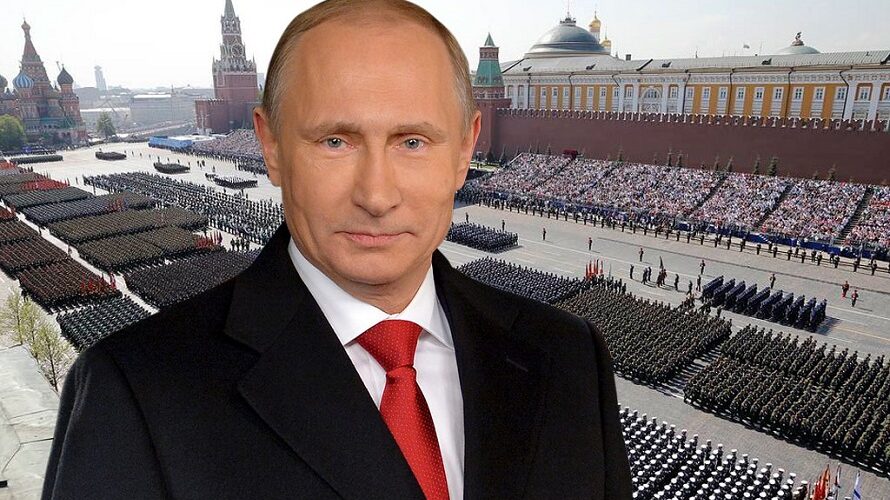 Tadic O Putinovim Pregovarackim Taktikama
May 20, 2025
Tadic O Putinovim Pregovarackim Taktikama
May 20, 2025 -
 Guide Des Meilleurs Nouveaux Restaurants De Biarritz
May 20, 2025
Guide Des Meilleurs Nouveaux Restaurants De Biarritz
May 20, 2025 -
 Chinas Demand Philippines Withdraw Typhon Missiles To Maintain Peace
May 20, 2025
Chinas Demand Philippines Withdraw Typhon Missiles To Maintain Peace
May 20, 2025 -
 Best Deals On Hugo Boss Perfumes Amazon Spring Sale 2025
May 20, 2025
Best Deals On Hugo Boss Perfumes Amazon Spring Sale 2025
May 20, 2025 -
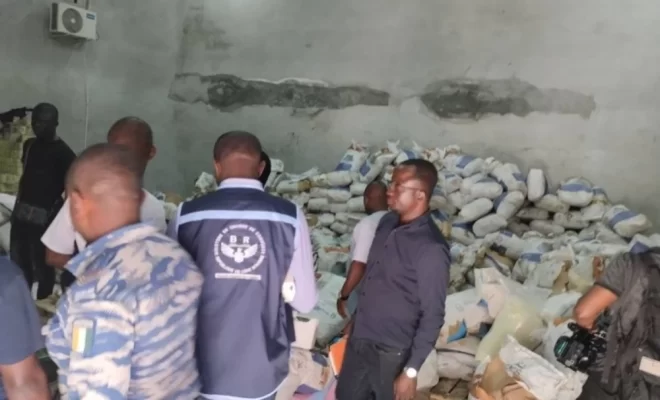 Cote D Ivoire La Brigade De Controle Rapide Bcr Sevit Dans Les Marches D Abidjan
May 20, 2025
Cote D Ivoire La Brigade De Controle Rapide Bcr Sevit Dans Les Marches D Abidjan
May 20, 2025
Latest Posts
-
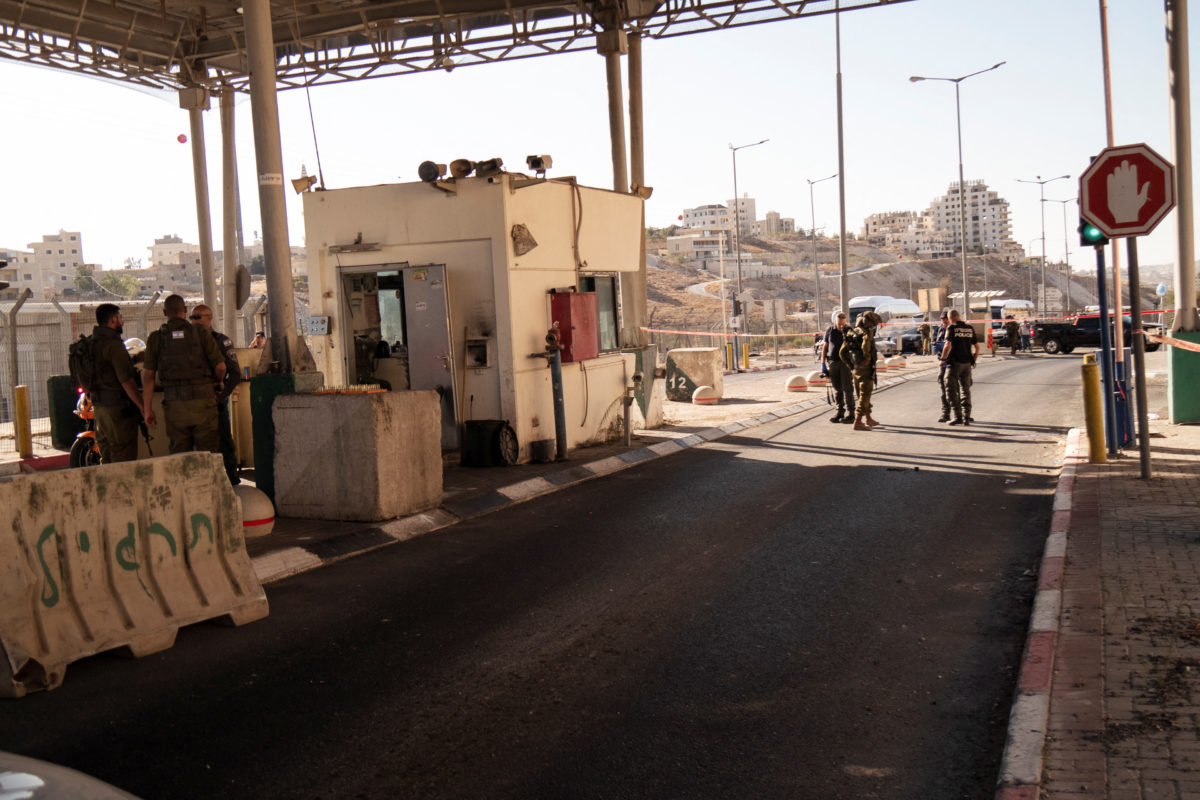 Israel Reopens Food Access To Gaza Strip
May 20, 2025
Israel Reopens Food Access To Gaza Strip
May 20, 2025 -
 Us Downgrade Dow Futures And Dollar React Negatively Live Updates
May 20, 2025
Us Downgrade Dow Futures And Dollar React Negatively Live Updates
May 20, 2025 -
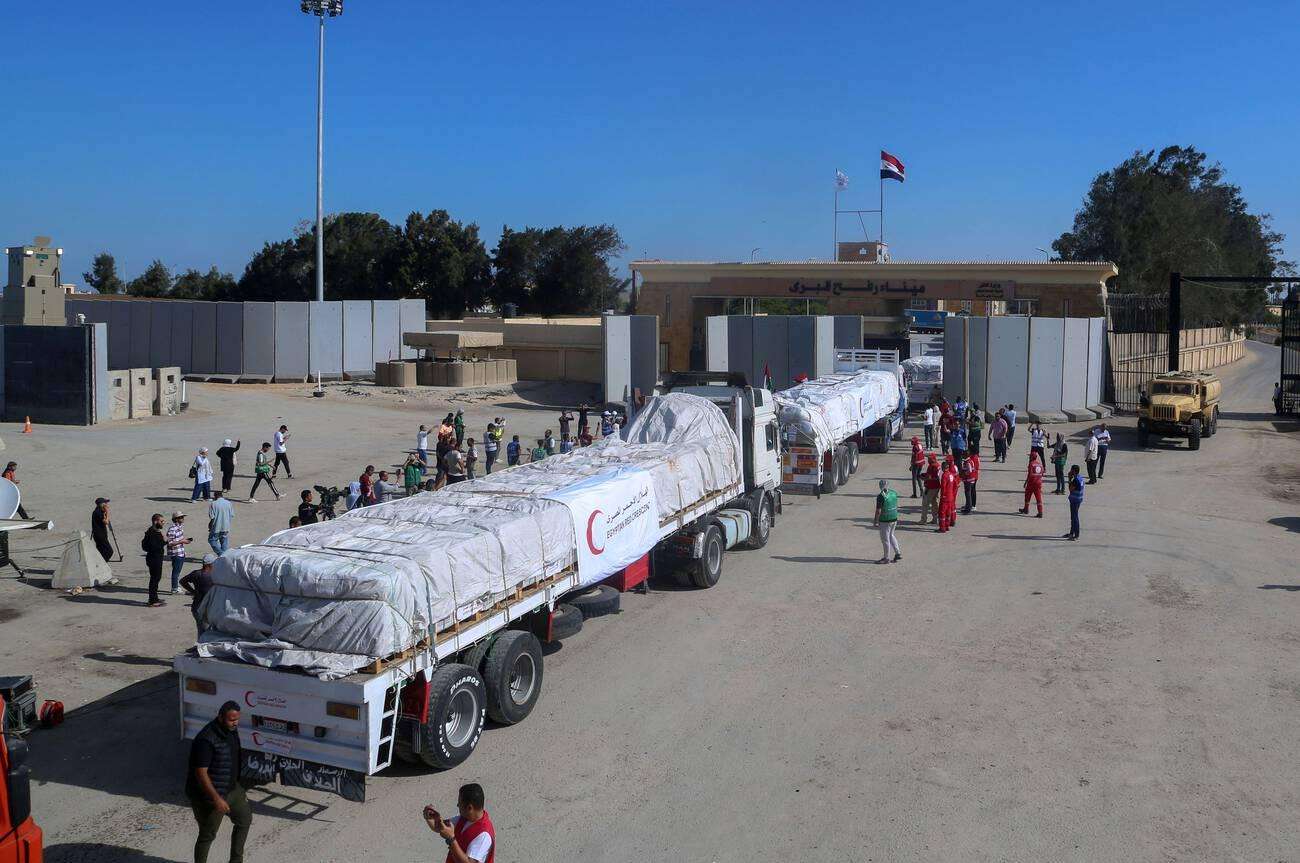 Breaking Israel Lifts Food Blockade On Gaza
May 20, 2025
Breaking Israel Lifts Food Blockade On Gaza
May 20, 2025 -
 Moodys Downgrade Triggers Dow Futures Fall And Dollar Weakness
May 20, 2025
Moodys Downgrade Triggers Dow Futures Fall And Dollar Weakness
May 20, 2025 -
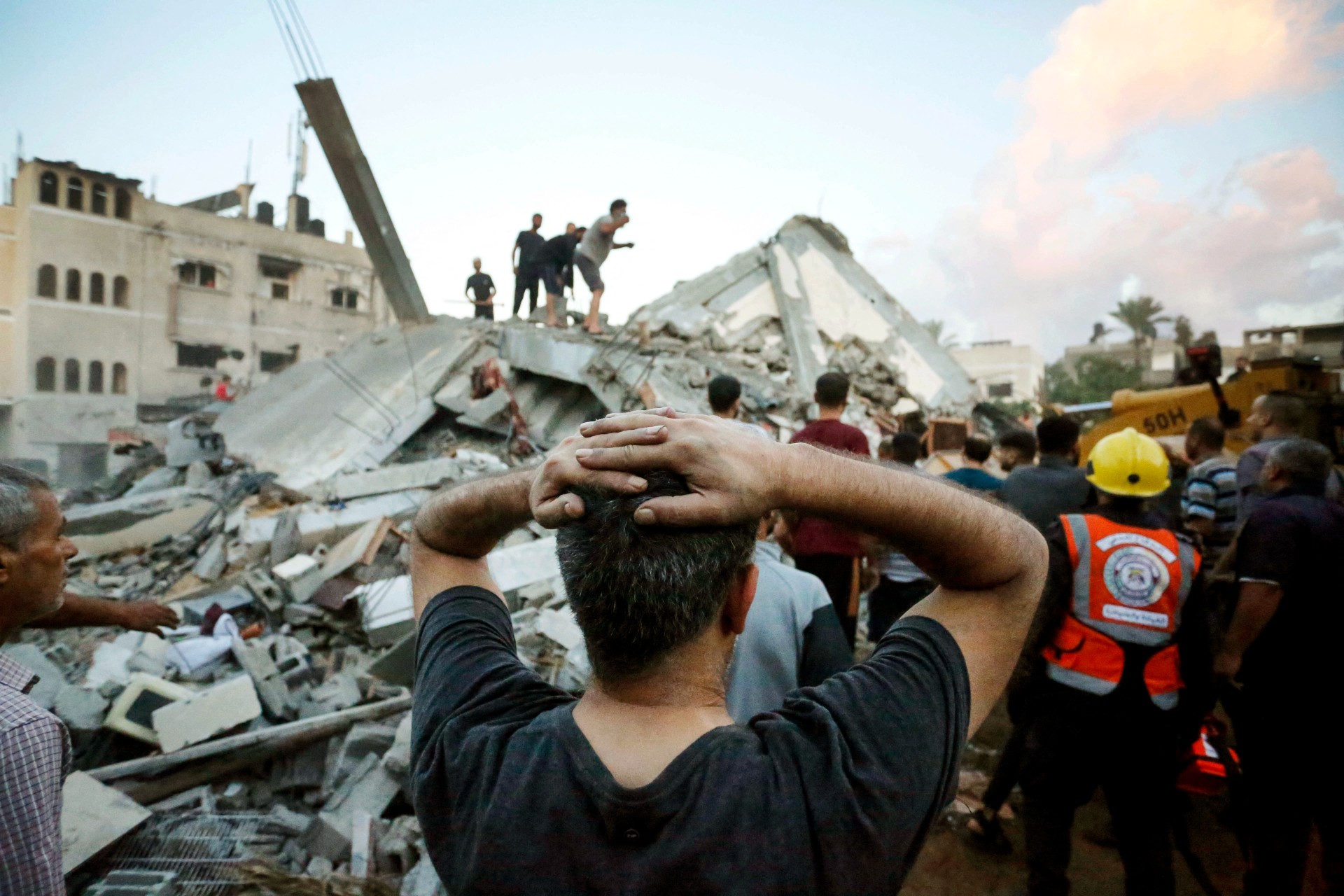 Israel Ends Food Restrictions Gaza To Receive Supplies
May 20, 2025
Israel Ends Food Restrictions Gaza To Receive Supplies
May 20, 2025
